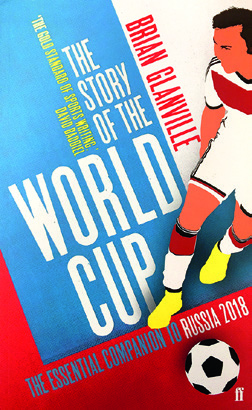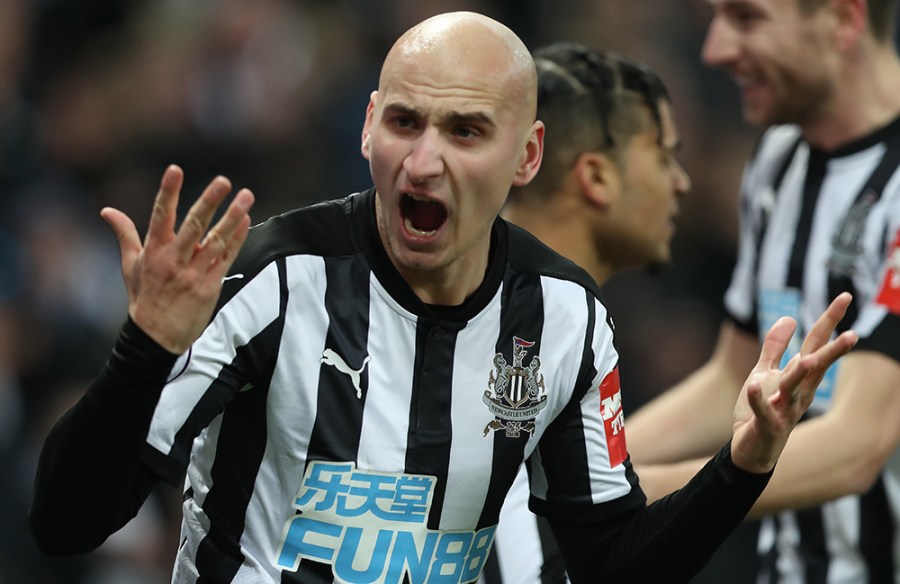Jonjo Shelvey could fire up sterile England
Blessed are the playmakers. If you can find them. Voices are now calling for the belated return of Jonjo Shelvey to an England team which still lacks an inside forward to keep the wheels turning.
There is always Jack Wilshere who missed through injury the last two England games. But Wilshere’s position even at Arsenal where he has been since boyhood, is now very uncertain.The club as we know have offered his a new contract which as is is inferior to the one now due to run out he had predictably rejected. So deadlock but if Arsenal and the newly appointed German in charge of contracts refuse to improve their offer then off he will go for nothing. Which sounds like very bad business to me.
Wilshere when fit should surely be automatic choice for an England team whose attack still does not tick over. It squeezed that narrow win over a Dutch team which looked dreadfully feeble on the night. Though it surely confounded expectations when it then proceeded in its next game to go to Portugal and comfortably win.
The Romford-born Shelvey is still only 26 and his clever distribution of the ball has done much to revive a Newcastle United team which had looked in danger of relegation. It would make some sense were he allowed to add to those previous six caps, even if they never enabled him to hold a regular England place.
For the moment goals simply do not come easily enough for this England team. They perhaps deserved something better than that draw at Wembley against a merely modest Italian team, but in the early stages of the game when John Stones blundered twice, England could easily have gone behind. There is a sterility about the current England attack even if things should improve with the return of Harry Kane. But even when he is playing, somebody has to give him the ball.
As for the deadlock between Wilshere and Arsenal, as things stand the Gunners seem all too capable of cutting off their nose to spite their face.
***********************
There was such clamour about Tottenham’s so long postponed victory over Chelsea at Stamford Bridge but a wise ex-referee in Keith Hackett has raised serious doubt about whether it should have taken place. Emphasising the fact that had VAR been functioning, Spurs should have had two men sent off. Erik Lamela’s intervention on Cesc Fabregas – there appears to be history there – could have caused serious injury. So could the crude challenge by Jan Vertonghen on Eden Hazard. Andre Mariner the referee surprisingly seemed to see no evil. This takes some of the shine off Spurs’ belated victory at Stamford Bridge.
At Palace, Liverpool’s Klopp quickly pulled off his man, Sadio Mane, who had caught the ball, assuming or if you like presuming that a foul was to be given, when in fact the ball was still in play.
*********************
By the time you read this, I hope and pray Ray Wilkins is out of danger. I have know Ray since he was a teenaged star with Chelsea and I also remember watching his father George Wilkins play for Brentford at inside right at Wembley in the London Cup Final of 1942. I was then ten years old and watched Brentford win 2-0 against a strong Portsmouth team which included seven of the side which had won the FA Cup at Wembley in 1939. Many years later, I came across George Wilkins on the way to a match at Stamford Bridge. I ran to talk to him but he simply hastened on without a word.
Ray was one of several brothers who played League football, but he was much the best of them. As a teenaged inside right he was progressive and inventive figure with a strong right footed shot. One which brought him a spectacular goal for Manchester United in a replayed Cup Final at Wembley. He did well too when he joined Milan for a couple of seasons, together with the big centre-forward, Mark Hateley.
Altogether, he won no fewer than 84 caps for England. It was only in the latter years of his career that he gradually became less and less adventurous, eschewing his former wide passing range, not least of which was the through ball. After England had well beaten France, Platini and all, in Bilbao in the 1982 World Cup, I remember talking to Ray. “We sat there in cold towels in the dressing room at half-time, ” he said, “and the heat came off us like steam.”
His latter years were dogged by ill health, a major heart operation and an alleged drinking problem. But over the years he was a salient and hugely sympathetic figure.
**************************
A new edition of Brian Glanville’s book, The Story of the World Cup: 2018, has been published by Faber & Faber (£15.99)








